[Joint CQSE-NCTS-CACIB Special Seminar] Random unitaries in extremely low depth
Title: [Joint CQSE-NCTS-CACIB Special Seminar] Random unitaries in extremely low depth
Speaker: Dr. Hsin-Yuan (Robert) Huang (Caltech)
Time: 2024/8/2 (Fri.) 14:30-15:30
Place: NCTS Physics Lecture Hall, 4F, Chee-Chun Leung Cosmology Hall, NTU
Online: https://nationaltaiwanuniversity-zbh.my.webex.com/nationaltaiwanuniversity-zbh.my/j.php?MTID=m3bc7632abda24f7253b43a70f54d79f9
Abstract
We prove that random quantum circuits on any geometry, including a 1D line, can form approximate unitary designs over n qubits in log n depth. In a similar manner, we construct pseudorandom unitaries (PRUs) in 1D circuits in poly log n depth, and in all-to-all-connected circuits in log log n depth. In all three cases, the n dependence is optimal and improves exponentially over known results. These shallow quantum circuits have low complexity and create only short-range entanglement, yet are indistinguishable from unitaries with exponential complexity. Our construction glues local random unitaries on log n-sized or poly log n-sized patches of qubits to form a global random unitary on all n qubits. In the case of designs, the local unitaries are drawn from existing constructions of approximate unitary k-designs, and hence also inherit an optimal scaling in k. In the case of PRUs, the local unitaries are drawn from existing unitary ensembles conjectured to form PRUs. Applications of our results include proving that classical shadows with 1D log-depth Clifford circuits are as powerful as those with deep circuits, demonstrating superpolynomial quantum advantage in learning low-complexity physical systems, and establishing quantum hardness for recognizing phases of matter with topological order.Biography
Hsin-Yuan Huang (Robert) is an incoming Assistant Professor of Theoretical Physics at Caltech starting in 2025. He is currently a Senior Research Scientist at Google Quantum AI and a Visiting Scientist at MIT. He obtained his Ph.D. under the guidance of John Preskill and Thomas Vidick.His research focuses on leveraging the theory of learning to gain new insights into physics, information, and quantum computation. His notable works include classical shadow tomography for learning large-scale quantum systems, provably efficient machine learning algorithms for solving quantum many-body problems, and quantum advantages in learning from experiments. His research findings have been published in Nature, Science, Nature Physics, Nature Review Physics, Nature Communications, Physical Review Letters, PRX Quantum, as well as premier conferences in theoretical computer science, such as IEEE Symposium on Foundations of Computer Science (FOCS), and ACM Symposium on Theory of Computing (STOC). Over the past five years, he has been invited to give more than 120 research talks.
His Ph.D. thesis, "Learning in the Quantum Universe", has received the Milton and Francis Clauser Doctoral Prize awarded to one among all Caltech 2024 graduates, whose research is judged to exhibit the greatest degree of originality and potential for opening up new avenues of human thought and endeavor. He has also been awarded the Ben P. C. Chou Doctoral Prize in Information Science and Technology, a Google Ph.D. fellowship, the Boeing Quantum Creator Prize, the MediaTek Research Young Scholarship, and the Kortschak Scholarship. He is recognized as the William H. Hurt Scholar, an endowed early career professorship starting in 2025.
Positions
California Institute of Technology
Assistant Professor of Theoretical Physics; William H. Hurt Scholar (Starting in 2025)
Google Quantum AI
Senior Research Scientist (Sep. 2023 - Present)
MIT Center for Theoretical Physics
Visiting Scientist (Sep. 2023 - Present)
Simons Institute for the Theory of Computing, UC Berkeley
Visiting Scientist (Feb. 2024 - May 2024)
Education
Ph.D., California Institute of Technology (Oct. 2018 - Sep. 2023)
Thesis advisor: John Preskill (Physics) and Thomas Vidick (CS).
Thesis title: Learning in the quantum universe.
Member of the Institute for Quantum Information and Matter (IQIM).
B.S., National Taiwan University (Sep. 2014 - Jun. 2018)
Studied Computer Science (major) and Physics (minor). GPA: 4.30 / 4.30, Rank: 1 / 120.
Member of the Machine Learning and Data Mining Group; Advisor: Chih-Jen Lin


